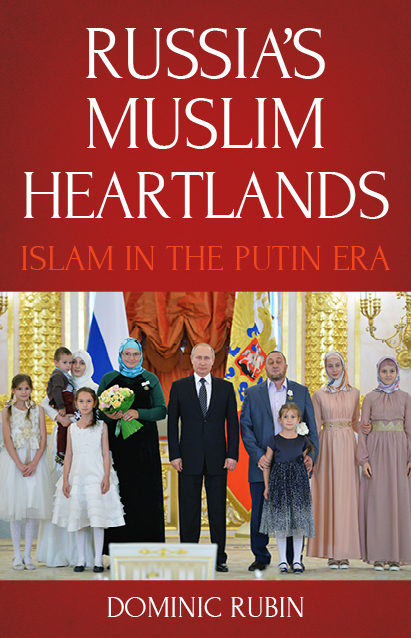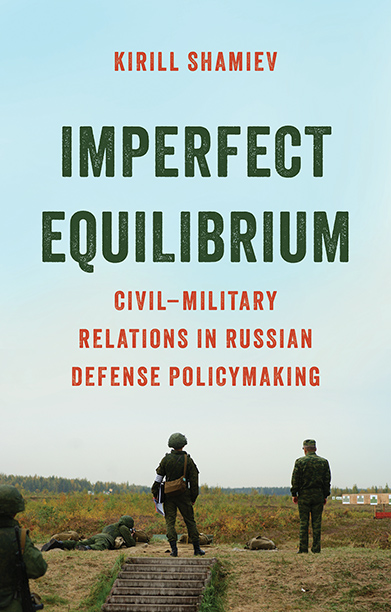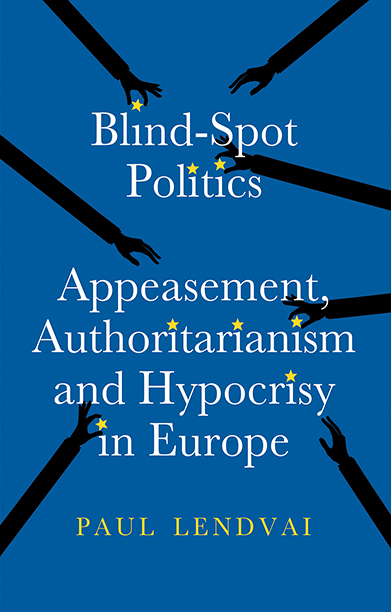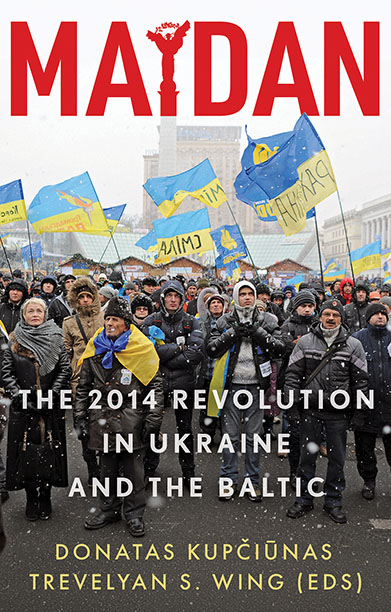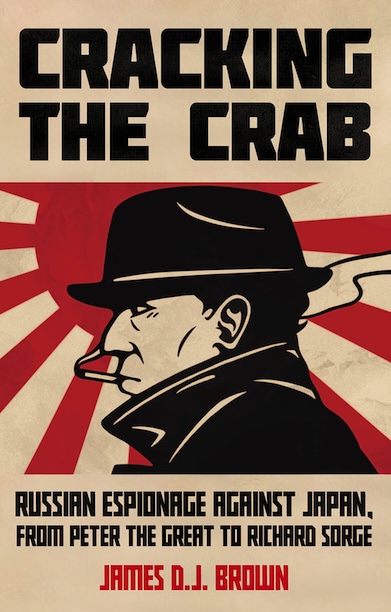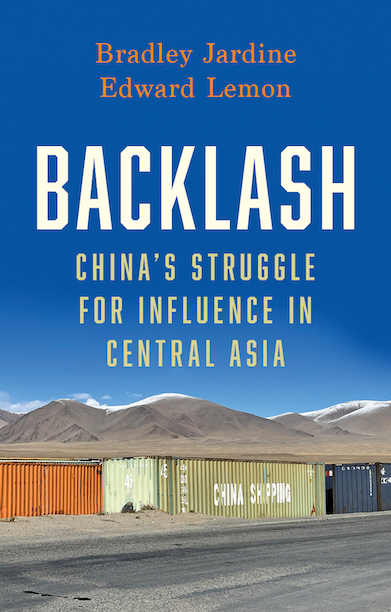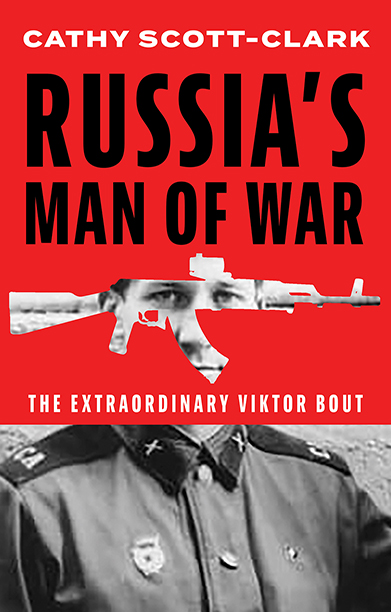Russia’s Muslim Heartlands
Islam in the Putin Era
An empathetic account of a large and little understood population: Russia’s 20 million Muslims.
Description
Moscow has the largest Muslim population of any city in Europe. In 2015, some 2 million Muslim Muscovites celebrated the opening of the continent’s biggest mosque. One quarter of the Soviet population was ethnically Muslim, and today their grandchildren, living in the lands between Bukhara, Kazan and the Caucasus, once again have access to their historical traditions. But they also suffer the effects of civil war, mass migration and political instability. At the highest levels, Islam has been swept up into Russia’s broader search for identity, as the old question of eastern versus western takes on new force.
Dominic Rubin has spent the last three years interviewing Muslims across Russia, from Sufi shaykhs in Dagestan, new Muslim artists on the Volga and professionals in Kyrgyzstan to guest-workers commuting between Russia and Uzbekistan and Kremlin-sponsored muftis hammering out a new Russian Muslim ideology in Moscow. He discovers their family histories, their faith journeys and their hopes and fears, caught between roles as traditionalist allies in the new Eurasian Russia and as potential traitors in Moscow’s war on terror. This story of Islam adapting in a paradoxical landscape, against all odds, brings alive the human reality behind the headlines.
Reviews
‘Rubin [shows] the immense diversity of Russia’s national and religious cultures … [his] writing style is reader-friendly and fresh [and he] demonstrates real perceptiveness.’ — Journal of the Royal Anthropological Institute
‘Russia’s Muslim Heartlands offers a kaleidoscopic view of the tremendous diversity of Russia’s Muslims’. — Journal of Modern History
‘The author’s ingrained contextual knowledge, combined with curiosity [and] meticulous ethnographic research … enables an empirically rich and and conceptually eclectic survey of religious experiences.’ — Religious Studies Review
‘[Russia’s Muslim Heartlands provides] an important contribution to our understanding of the character and self-awareness of Muslims from Russia and the former Soviet Union as well as the interplay between Soviet upbringing and the new reassertion of Islam. It also provides a clear and well-thought out prognosis for the future.’ — Israel Journal of Foreign Affairs
‘[Russia’s Muslim Heartlands] reads more like a travelogue than a sociological study and this is its strength … [it] contains a much richer, more nuanced and certainly much more informative content than anything else one cares to read on this subject.’ —Terrorism & Political Violence
‘[A] fascinating book . . . hugely rewarding.’ — The National
‘Islam in former Soviet states remains a little explored subject matter, and what literature does exist tends to focus on extremism in Chechnya. But as Dominic Rubin’s new book shows, Islam in Russia and Central Asia is thriving, multifaceted and diverse … a fascinating read’. — The New Arab
‘Russia’s Muslim Heartlands is a remarkable achievement … It provides a unique picture of Islam across the post-Soviet space … [the book] could almost serve as a ‘who’s who’ of Russian-speaking intellectuals working on Islam and of influential Islamic clergy.’ — Europe-Asia Studies
‘[Russia’s Muslim Heartlands] is highly recommended to anyone with an interest in Russia, its Muslim communities or Islam in general. It provides fascinating insights into Russia’s second largest religion, as well as the wide diversity of views within its Muslim communities.’ — International Affairs
‘Rubin’s conversations with different Muslim men and women across Russia and Central Asia are vibrant and engaging and historically and theologically well informed.’ — The Russian Review
‘Rubin’s book offers a stimulating look at Muslim life and identity in post-Soviet Russia. Through interviews with local clerics and scholars in Moscow, Tatarstan, Central Asia and the North Caucasus, Rubin asks critical questions about what it means to be Muslim in the post-Soviet space, how Russian and Muslim identities combine, and whether we can speak of a Russian Islam.’ — Iwona Kaliszewska, co-author of Veiled and Unveiled in Chechnya and Daghestan
‘Dominic Rubin’s travelogue provides a rich ethnographic tapestry of the former Soviet Muslim communities. Drawing from first hand observations, interviews and personal connections, he explores the varied and contradictory nature of Islam within Putin’s Russia and the post-Soviet states.’ — Firouzeh Mostashari, author of On the Religious Frontier: Tsarist Russia and Islam in the Caucasus
Author(s)
Dominic Rubin studied at Oxford and SOAS and is a professor of Religion and Philosophy at The Higher School of Economics, Moscow. He has lived in Russia for the last eleven years.
